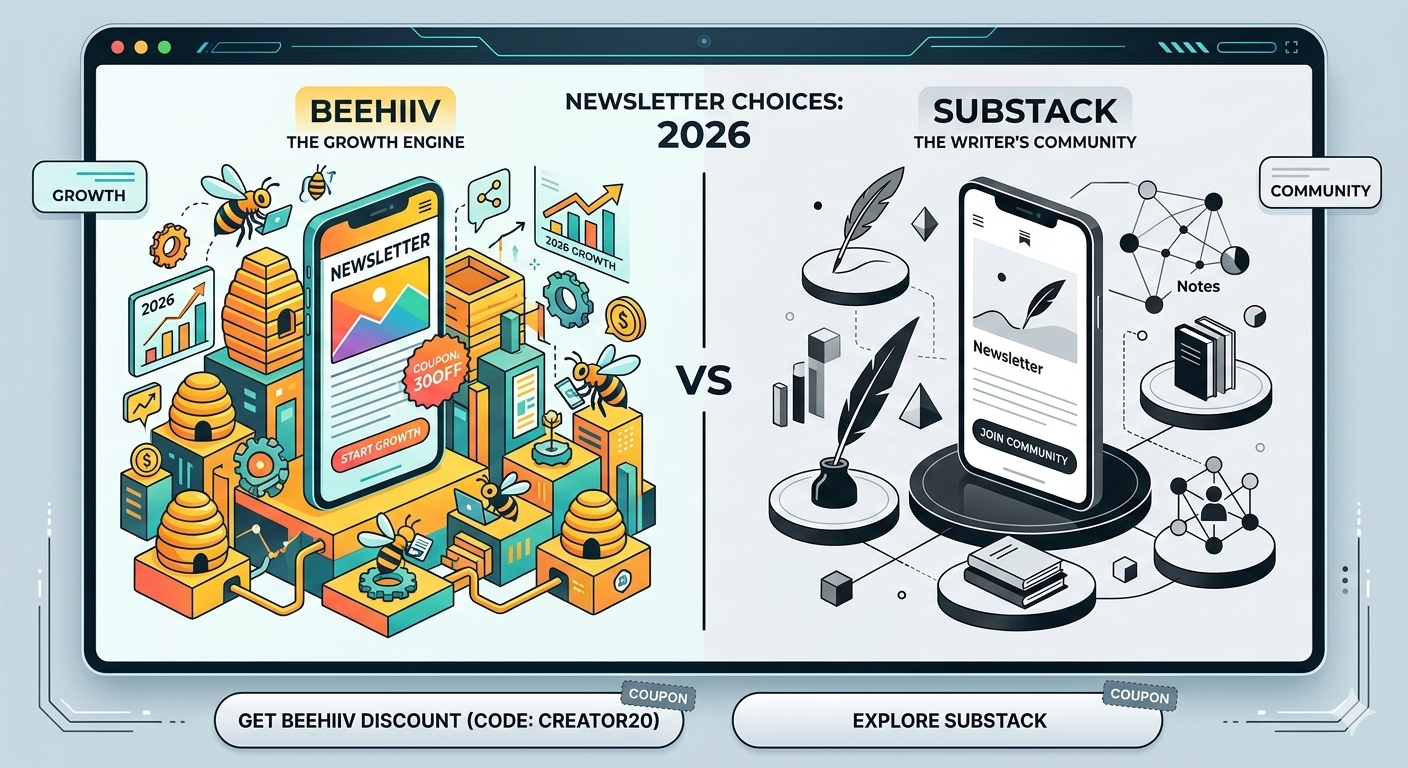
John MacGyver
Feb 28, 2026
Refinancing a mortgage costs 2% to 5% of the loan amount, so weighing fees against potential savings is essential.
Refinancing a mortgage can be a smart financial move, but it comes with costs that homeowners need to consider before making a decision. The total cost of refinancing depends on several factors, including loan size, lender fees, and closing costs. Understanding these expenses upfront can help you determine whether refinancing is worth it in your specific situation.
Refinancing typically comes with several standard costs, similar to those you paid when you first took out your mortgage. These may include application fees, loan origination fees, and appraisal fees. On average, homeowners can expect to pay between 2% and 5% of the loan amount in total refinancing costs. For example, if you're refinancing a $200,000 mortgage, you might pay anywhere from $4,000 to $10,000 in fees.
Lenders charge an origination fee to process your new loan, which usually ranges from 0.5% to 1% of the loan amount. Some lenders also charge an application fee, which can be a few hundred dollars. While some lenders may waive certain fees to attract borrowers, it's essential to read the fine print and compare offers to ensure you're getting the best deal.
Most lenders require a new home appraisal to determine the current market value of your home. This ensures that the loan amount does not exceed the home’s worth. Appraisal fees typically cost between $300 and $600. In some cases, a home inspection may also be required, which can add another $200 to $500 to the total refinancing costs.
Just like with your original mortgage, you’ll need to pay for title insurance and other closing costs. Title insurance protects the lender from potential ownership disputes, and it can cost anywhere from $500 to $1,500. Additional closing costs may include attorney fees, recording fees, and escrow charges, which can add another few thousand dollars to your refinancing expenses.
Before refinancing, homeowners should calculate how long it will take to recoup the costs through lower monthly payments. This is known as the break-even point. If it takes five years to recover the costs but you plan to sell your home in three years, refinancing may not be a good financial decision. However, if you plan to stay in your home long-term and can secure a significantly lower interest rate, refinancing could save you money over time.
Refinancing a mortgage can offer significant financial benefits, but it’s important to understand the associated costs. Homeowners should compare lender offers, calculate their break-even point, and consider their long-term plans before making a decision. By doing thorough research and weighing the costs against potential savings, you can determine whether refinancing is the right move for you.
CD's are a great option to take advantage of steady returns from fixed APY
High Yield Savings Accounts can be a convenient and safe way to keep, manage and access money you need for the short to mid term. Most of these banks have more aggressive interest rates than your typical bank. View Details Below
Choosing the right amount of life insurance is a crucial step in protecting your family's financial future.
Enter your ZIP CODE, AGE and IF YOU SMOKE, then click UPDATE. The companies below will be tailored specifically to you.
Shopping for car insurance is no one's idea of a good time. All anyone really wants is comprehensive protection without breaking the bank. Use this simple and convenient tool to help you find the best car insurance plan to fit your life.
Enter your ZIP CODE, AGE and NUMBER OF DRIVERS, CHECK APPROPRIATE BOXES, then click UPDATE. The companies below will be tailored specifically to you.


